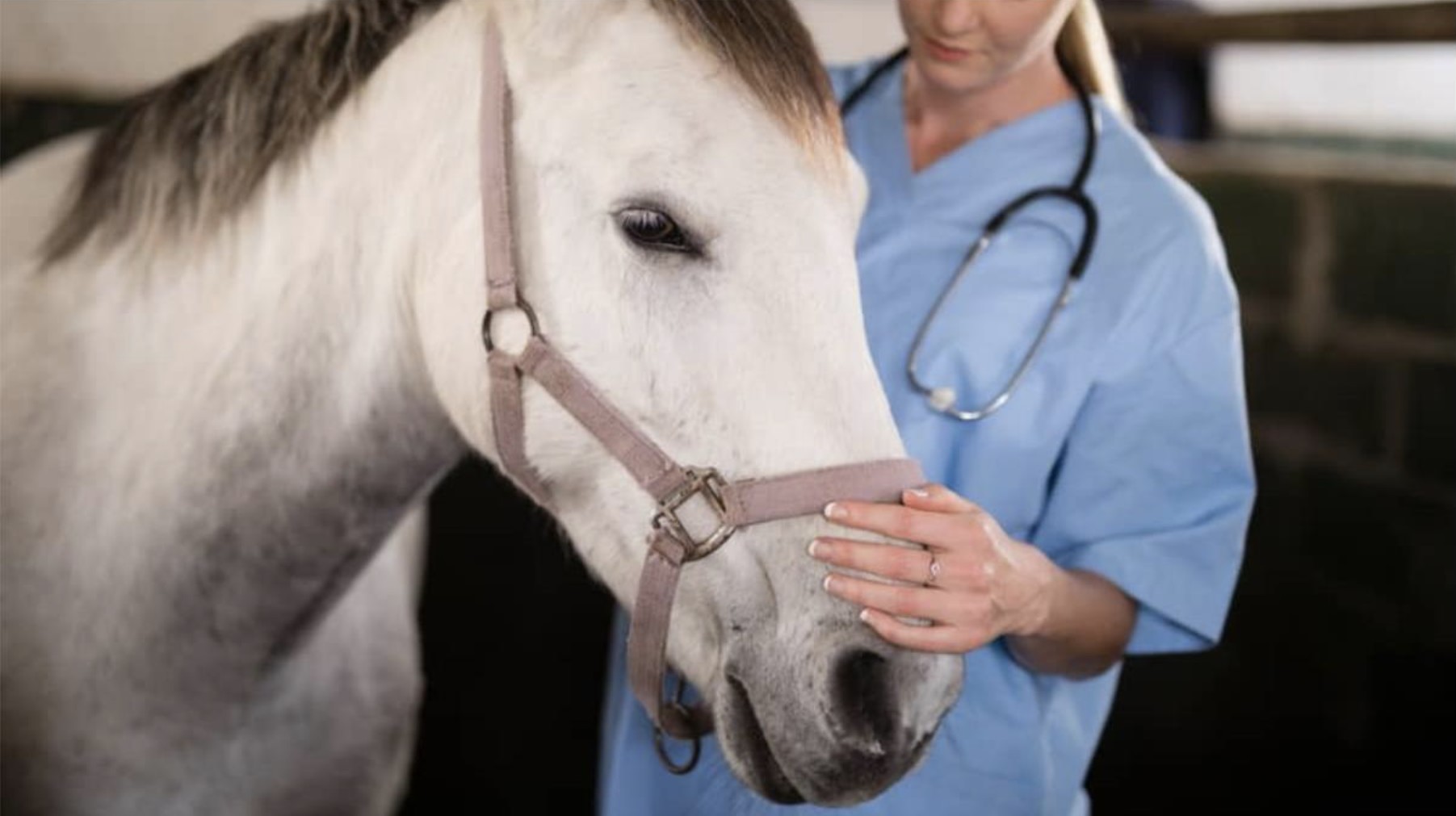Ask your laboratory expert: biochemistry results in equine practice

This article is a Q&A session with our laboratory expert, Stacey A Newton, BVSc, FRCPath, CertEM (Int Med), PhD, MRCVS, who answers various questions from vets about biochemistry results in equine practice. The topics covered include:
- Protein electrophoresis (PEP): When to run PEP and how to interpret the results.
- Total proteins and total solids: The difference between the two and how to interpret the results.
- Fasting and GGT levels: How fasting affects GGT levels and what the significance of increased GGT levels is.
- Fermented fruit consumption: Whether consuming fermented fruit can increase GGT levels and what the potential consequences are.
- D-dimers: The importance of D-dimers in inflammation, how to measure them, and how to use them in combination with other tests.
- Liver fluke infestation: The common bloodwork anomalies associated with Fasciola hepatica infestation.
- Bilirubin in urine: How to identify bilirubin in urine and what it may indicate.
- Polysaccharide storage myopathy type 2: The current diagnosis and testing methods for this condition.
- Alkaline phosphatase activity: How inflammation can increase ALP activity and what other conditions may affect ALP levels.
- Hyperlipaemia: The effects of hyperlipaemia on biochemical electrolyte analysis and how to interpret the results.
- Laminitis and colitis: How laboratory tests can help diagnose these conditions.
- Serum amyloid A (SAA): Whether elevated SAA levels indicate an infectious process or just an inflammatory process.
- Shock: What signs to look for to determine if a horse is going into shock and how to measure various parameters.
- Small increases in ALP or GGT: Whether small increases in these enzymes are significant and what factors to consider when interpreting the results.
- High protein levels in blood: What causes high protein levels in blood and what potential consequences they may have.
Overall, the article provides valuable insights into the interpretation of biochemistry results in equine practice, helping veterinarians to better understand and manage various conditions affecting horses.




